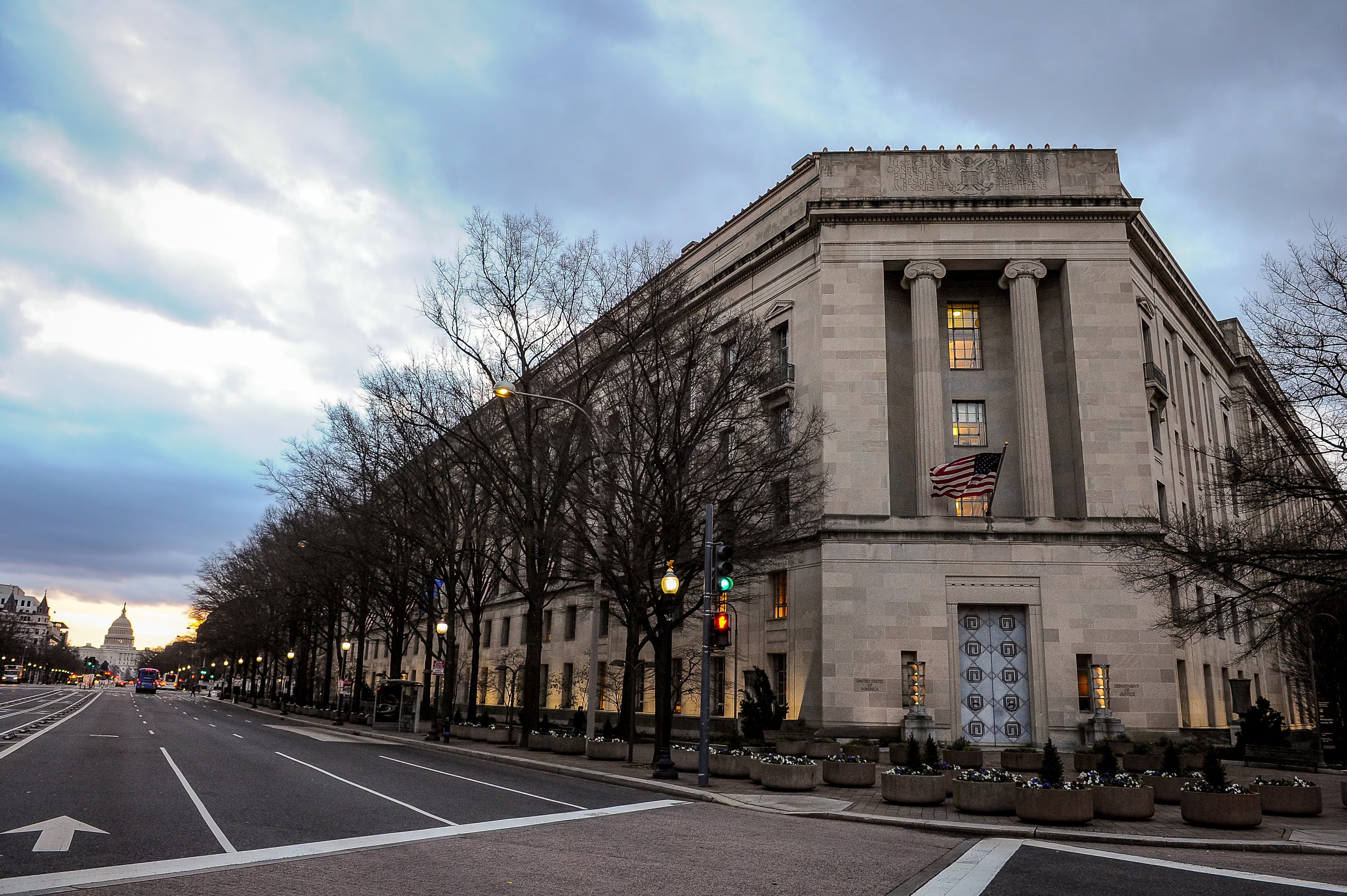A staggering memo from the Justice Department reveals a chilling expansion of denaturalization efforts under the Trump administration, targeting millions of naturalized citizens based on vague and broadly defined criteria. This alarming move could strip the citizenship of individuals for a wide range of alleged misconduct, including minor infractions and post-naturalization conduct.
New Criteria for Denaturalization
According to NPR, the new DOJ memo, issued on June 11, outlines a disturbing shift in the criteria for denaturalization. Where previously the focus was on serious crimes like terrorism or sexual offenses, the Trump administration now seeks to include individuals who may have committed fraud against government programs, such as the pandemic-era Paycheck Protection Program. This expansion of scope raises significant concerns for the nearly 25 million naturalized citizens in the U.S., particularly as the criteria remain opaque and open to interpretation.
Wide Discretion Leads to Targeting of Marginalized Communities
Experts warn that the broadness of the memo allows for potentially arbitrary targeting of individuals. Steve Lubet, professor emeritus at Northwestern University, noted that the guidelines provide officials with dangerously wide discretion in deciding whom to pursue. Such an environment can foster discrimination against already marginalized communities, who may be disproportionately impacted by these new policies. As reported by HuffPost, the system"s inherent vagueness is a recipe for abuse, creating a chilling effect on the rights and freedoms of naturalized citizens.

DOJ"s Access to Justice office reopens in moment of crisis ...
Historical Context of Denaturalization Abuse
The history of denaturalization in the U.S. carries a heavy burden of political persecution. Between 1907 and 1967, an estimated 22,000 individuals saw their citizenship revoked, often for political reasons. This included actions during the McCarthy era, when many faced denaturalization due to their political beliefs. The current administration’s approach echoes this troubling past, with the potential to weaponize citizenship against dissenters and marginalized individuals, as seen in the targeting of students speaking out against U.S. foreign policy regarding Israel.
Legal Ramifications and Lack of Representation
One of the most concerning aspects of the current memo is the shift towards civil proceedings for denaturalization cases. Ingrid Eagly, a UCLA law professor, emphasized that defendants in civil cases do not have the guaranteed right to legal counsel, making it inherently unjust. This could lead to a situation where individuals are stripped of their citizenship without adequate legal representation, a significant violation of due process rights. The implications of this policy change are profound, as they undermine the very foundation of justice and equality that the U.S. legal system is purported to uphold.

LA demographics show its a fertile ground for anti-ICE protests
Calls for Accountability and Resistance
The potential for widespread denaturalization based on vague criteria raises urgent questions about accountability within the Trump administration. Immigration advocates and civil rights organizations are mobilizing to resist these policies, demanding transparency and fairness in the denaturalization process. The call for action is clear: a unified front is necessary to protect the rights of naturalized citizens and to hold the administration accountable for its actions. As highlighted by Kathleen Bush-Joseph of the Migration Policy Institute, any expansion of denaturalization criteria poses a threat to the security and stability of millions of individuals who have legally become part of this nation.

![[Video] Federal officers deploy sting balls and flash grenades at Whipple Building](/_next/image?url=%2Fapi%2Fimage%2Fthumbnails%2Fthumbnail-1768340555229-vhfcc-thumbnail.jpg&w=3840&q=75)
![[Video] Crowd-control weapons used in Minneapolis as anti-ICE protesters attack police vehicle](/_next/image?url=%2Fapi%2Fimage%2Fthumbnails%2Fthumbnail-1768336302231-akxf7s-thumbnail.jpg&w=3840&q=75)

![[Video] Protests erupt in Minneapolis after ICE detains teenager, multiple arrests made](/_next/image?url=%2Fapi%2Fimage%2Fthumbnails%2Fthumbnail-1768331835371-z9ylqg-thumbnail.jpg&w=3840&q=75)


![[Video] Gunfire between Iraqi security forces and Sadr militias in Baghdad](/_next/image?url=%2Fapi%2Fimage%2Fthumbnails%2Fthumbnail-1768343508874-4redb-thumbnail.jpg&w=3840&q=75)
